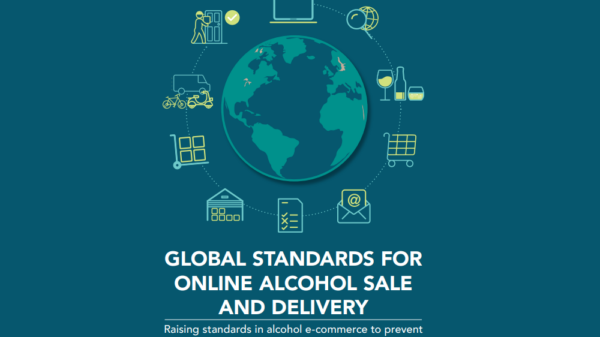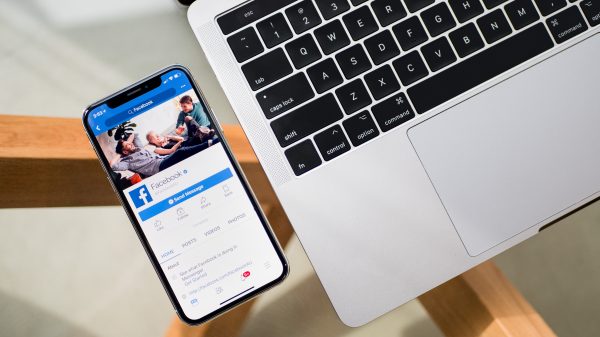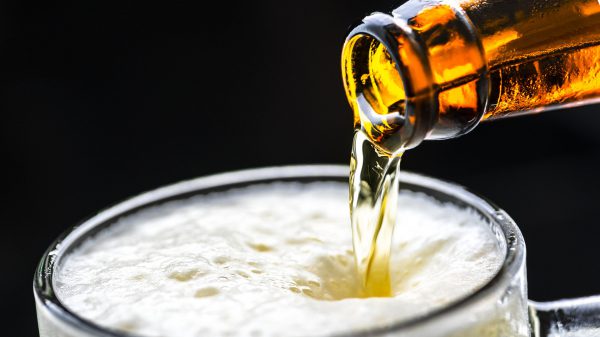An association of liquor companies called the International Alliance for Responsible Drinking (IARD) on May 24 came up with international norms for online ordering and delivery of alcohol. Liquor producers like Heineken, Carlsberg and Diageo are members of the IARD, along with delivery companies like Uber Eats, JD.com, and Chennai-based HipBar.
The IARD said in the document that they were producing these standards at a time when alcohol sales fell during the pandemic, even as the amount of alcohol ordered online increased by 33% — the standards would “provide a basis for local codes that can build on local laws and national context,” the association said.
Most states in India don’t allow alcohol delivery, and liquor sales are tightly regulated. Delhi in a May 25 notification opened the door to an alcohol home delivery license, whereas states like Tamil Nadu and Karnataka continue to prohibit online sales of liquor altogether.
The IARD’s safeguards
As is often the case with industry-led self-regulation, a lot of the protections described are not too precise, and also followed already by some of the established players. For instance, most of the safeguards in the document have a section talking about how HipBar implements that particular standard.
- Age gating: The first safeguard is making sure that customers are of legal drinking age.
- Preventing delivery to the underaged, intoxicated, or where prohibited by law: Services have to take steps to make sure that people who are already intoxicated and minors cannot take delivery. They call for significantly tighter norms for “unattended” delivery, where the person placing the order isn’t going to receive it.
- Driver education: “Delivery platforms and retailers [should] have in place training or educational tools, information, or other supporting mechanisms to empower frontline agents to deny delivery where necessary and not disincentivize them for doing this,” the guidelines say. Failed deliveries should not have a financial impact on delivery agents when the failure is due to the consumer. HipBar says it enforces this by encouraging its delivery agents to flag “problem” customers, whose accounts are frozen and can only be unfrozen by manual review by a senior executive.
1. Know the law and your company’s policy on delivery.
2. When checking age, try to depersonalize the situation by explaining that you are following company policy.
3. Use your best judgement and watch the customers behavior – are they hiding their face? Are they acting nervously? Do they appear intoxicated?
4. Only hand over the alcohol if you are satisfied that delivery should take place.
5. When refusing delivery, stay calm and follow company policy. Report the incident to your manager or to the appropriate e-commerce or delivery platform. — IARD tips for drivers
- Consumer choice and information: Consumers should be provided with resources on warning messages on drinking safely. “This could include access to online resources or information, such as national drinking guidelines and messages warning against minors drinking alcohol, drinking during pregnancy, and driving while intoxicated,” the standards say.
- Monitoring: Delivery companies should frequently check for compliance.
Also read
- Delhi To Start Allowing Online Alcohol Ordering; Other States Reluctant
- ‘Why Should We Talk To Dunzo?’ State Regulators Fume At Liquor Delivery
- West Bengal, Chattisgarh, And Punjab Allow Alcohol Home Delivery: Reports
*Update (3 June, 1:26 pm): Updated headline to reflect that Indian companies are involved in this














